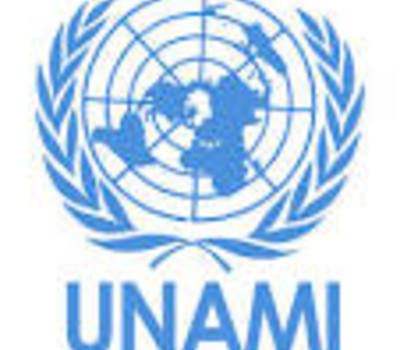
PRESS RELEASE
Baghdad, 27 June 2019 – The Deputy Special Representative of the United Nations Secretary-General for Iraq, Ms. Marta Ruedas, and representatives of UN Agencies, Funds and Programmes, discussed with members of the Women’s Advisory Group increased cooperation to advance women’s issues in Iraq. They focused on the challenges facing women and their role in the country’s politics, the economy and society in general, and also addressed the specific problems of displaced women finding economic opportunities and obtaining civil documentation, particularly those with perceived ties to Da’esh (ISIL).
Speaking at the interactive session, Ms. Ruedas, who is also the UN Resident and Humanitarian Coordinator, urged the Women’s Advisory Group to spearhead efforts aimed at generating a change of culture to advance women’s empowerment. Highlighting the support of the United Nations for initiatives that address gender inequalities, Ms. Ruedas said that despite the enormous obstacles facing women in Iraq, there are still opportunities to include more women in institutions. “I urge you to find innovative ways of engaging with existing power structures to promote cultural and political mindsets that could advance women’s voices and participation in different levels.” Ms. Ruedas agreed with the attendees on concerns about the continued inadequate representation of women in leadership positions.
Ms. Ruedas welcomed the initiative of the Women’s Advisory Group and noted that the UN Country Team was keen to draw on their perspectives, experience and knowledge. Further, Ms. Ruedas stated that UN Women and the UNAMI Gender Unit were working closely to support their efforts.
The Women’s Advisory Group for Iraq was established in October 2018 and officially launched in January 2019. The Group is composed of 20 Iraqi women leaders from different governorates in the field of politics, academia, media and civil society activism. Initially, the Group was established as a lobby for better representation of women in reconciliation and political processes but has since expanded its advocacy work to cover broader issues within the women, peace and security agenda.

